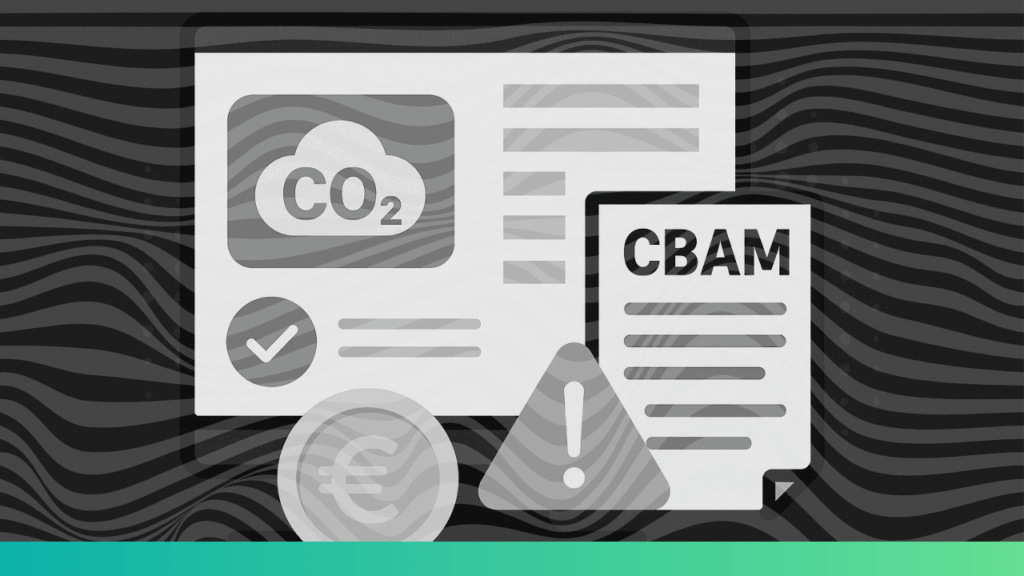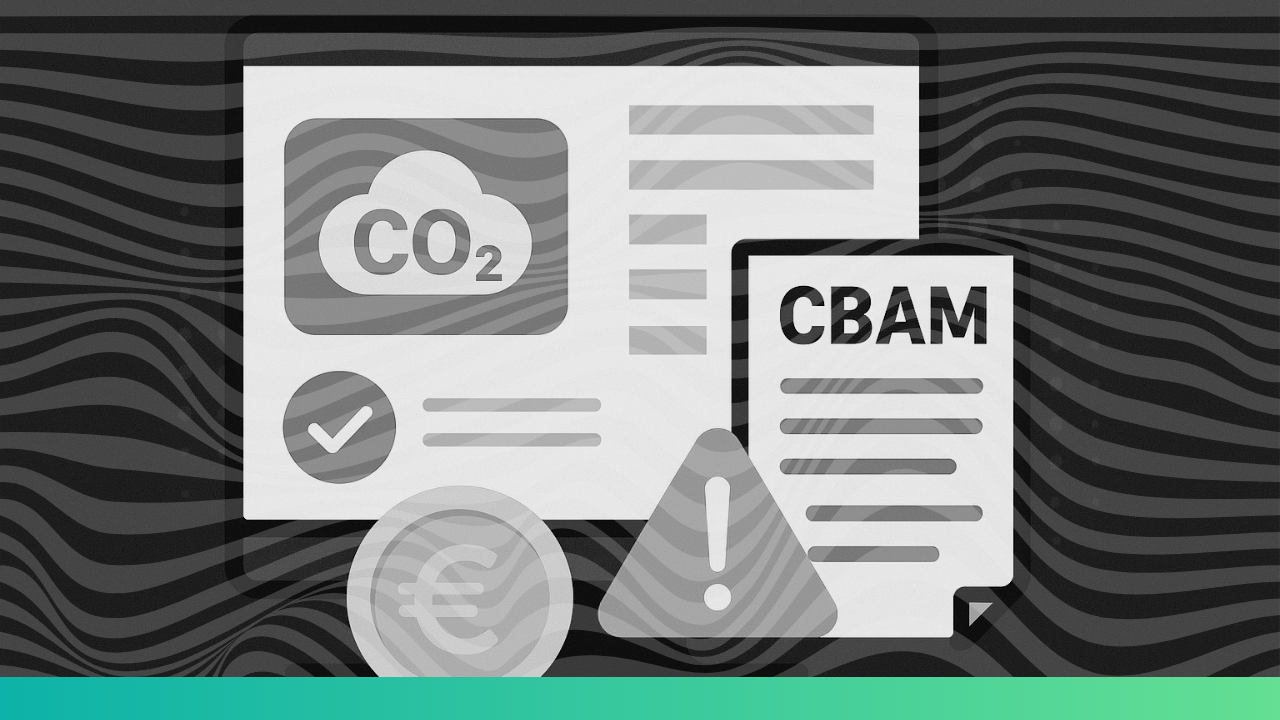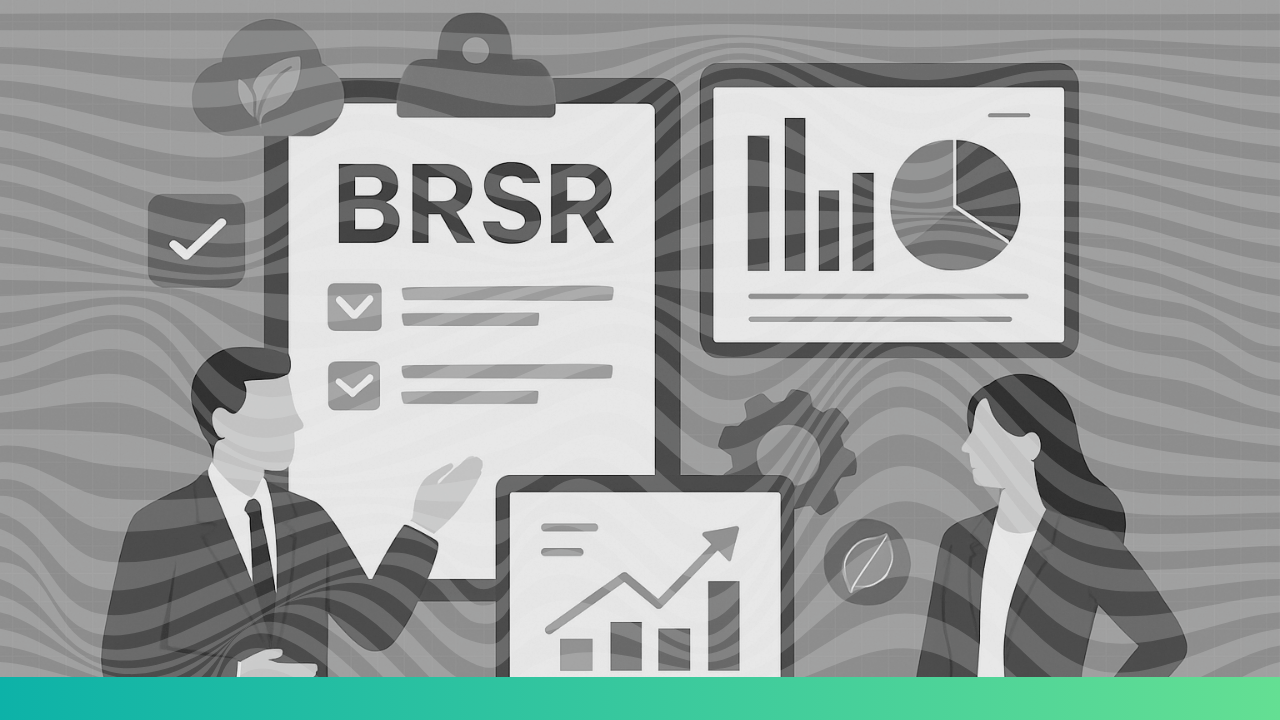The Carbon Border Adjustment Mechanism (CBAM) is the European Union’s flagship climate regulation introduced to prevent carbon leakage by imposing a carbon price on goods imported into the EU from countries outside the bloc with high embedded emissions, including India, South Africa, Brazil and others. Under its transitional phase, CBAM tax which has been in force since October 2023 and will continue until December 2025, exporters to the EU have been required to report the embedded emissions of their products. While this reporting has been mandatory, no financial penalties have applied for non-compliance during this period.
This arrangement will change fundamentally on January 1, 2026, when the CBAM enters its permanent phase. Despite months of heated debates, diplomatic protests and industry backlash, the European Union has made it clear that the deadline is immovable and that full compliance obligations will apply from day one. From that date, every ton of carbon embedded in exports to the EU will attract a direct financial cost.
Importers in the EU will be obligated to purchase CBAM certificates reflecting the emissions content of the imported goods at prevailing EU carbon prices. Exporters, on their part, will need to provide rigorous, verifiable disclosures of embedded emissions, supported by audits, in order to demonstrate compliance and safeguard their access to the EU market.
The consequences of non-compliance are severe. Businesses that fail to disclose emissions or meet audit requirements risk substantial financial penalties, loss of customers and even blacklisting from European markets. For exporters, this leaves less than four months to prepare for a new trade environment where carbon accountability is no longer optional but a binding condition for market access.
Also Read: 5 Reasons exporters need a CBAM reporting tool
How Will Non-Compliance with CBAM Tax Impact Your Business?
Severe Financial Penalties
Under Article 16 of the CBAM Regulation, companies face penalties of €100 per ton of CO₂ equivalent for missing or inaccurate declarations, adjusted annually for inflation. These penalties are separate from the cost of purchasing CBAM certificates.
Example: If a steel exporter under-reports or fails to report 1,000 tons of CO₂ emissions, the fine alone is €100,000, excluding the certificate cost.
Loss of EU market access
Persistent non-compliance could lead to the blocking of shipments at EU borders. Your products may simply not enter the market, jeopardising existing contracts and revenue streams. The EU reserves the right to suspend or revoke the ability of non-compliant companies to export goods to its member states. For exporters who rely on the EU for 30–50% of revenue, this means an instant revenue hit.
Business Disruption & Operational Losses
Non-compliant consignments will likely face customs clearance delays or outright rejection. This means:
- Rise in storage costs
- Break in delivery timelines break
- Loss of customers’ trust
Without a compliance mechanism in place, there can be delays, supply chain disruptions, and spiraling costs. Uncertainty in deliveries could erode profitability and credibility.
Customer Attrition
European buyers are legally obligated to work only with CBAM-compliant suppliers. They will drop non-compliant vendors to avoid penalties and reputational risks. Non-compliance can mean contract cancellations, loss of preferred supplier status, and long-term credibility damage.
Brand & Investor Risk
CBAM tax is not a one-time; it’s a recurring obligation tied to every shipment to the EU. Failure to prepare robust systems for CBAM reporting and certificate purchase can lead to snowballing penalties, increased certificate costs, and multi-million-euro annual compliance liabilities.
Where less than 4 months left for the CBAM tax to enter into a definitive regime, exporters to the EU must prepare for compliance to avoid penalties. Here are some ways to avoid last minute rush:
What Should Companies Do Now?
- Automate Emission Tracking: Manual reporting is no longer viable. Invest in technology that integrates plant-level data with compliance workflows.
- Engage Verified Assurance: Ensure emissions data meets EU verification standards.
- Develop Cost Forecasts: Plan for CBAM certificate costs in your pricing and contracts.
Also Read: How to select a CBAM reporting software? 5 things to consider
The TSC Netzero: CBAM solution helps in automating data collection for each input and output of every process in a CBAM product’s production route. TSC NetZero’s CBAM reporting software ensures accurate product-embedded emission calculations at every level. It also assists in quarterly emission report generation by digitising the entire process. It also supports the tracking of carbon taxes paid along the supply chain.
In addition to these, our platform ensures digital auditing of reports with accurate trails. There is also an integrated facility for third-party and first-party verification, as well as digitising the third-party audits by inviting EU-accredited auditors via TSC Netzero’s assurance modules.




